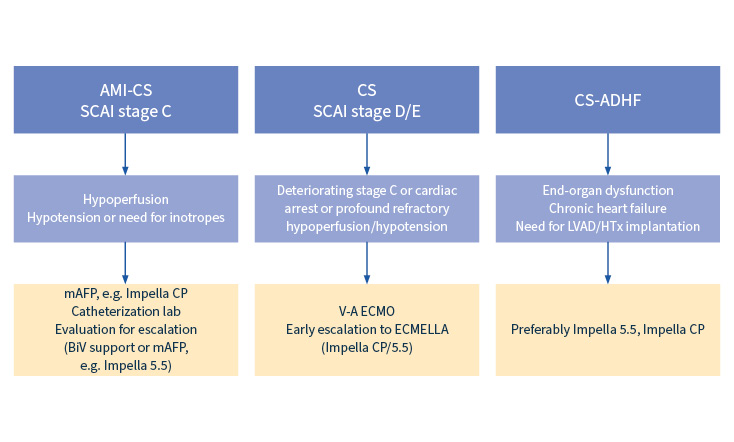One Page Summaries
Cardiogenic Shock Best Practices
From Patient Selection to Escalation Strategies
Mechanical Circulatory Support in Cardiogenic Shock
Discover Exclusive Author Interviews
Learn more about the "The Heart of the Matter: From Patient Selection to Escalation Strategies – Mechanical Circulatory Support in Cardiogenic Shock" from the authors.
Sign Up for Latest Updates
NPS - 624





